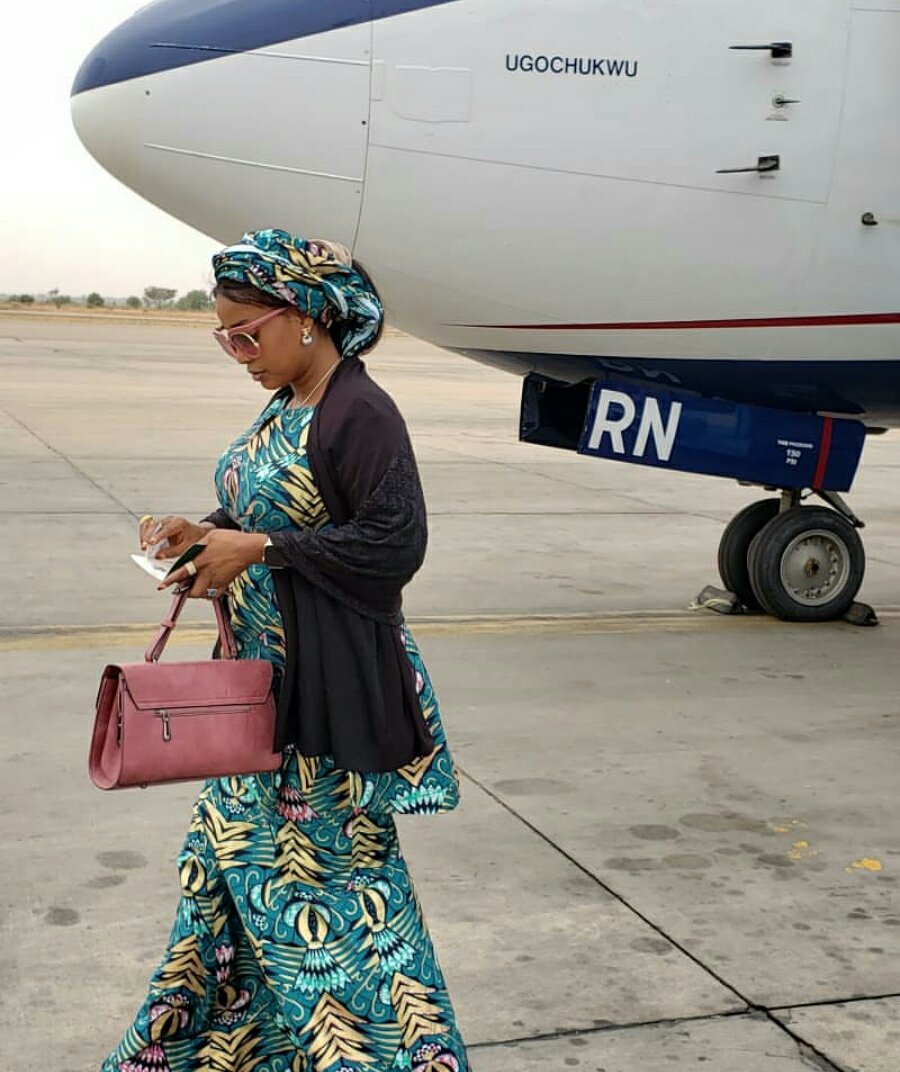Batsa is a term that resonates with rich cultural heritage, symbolizing a unique tradition that has evolved over centuries. This article will explore the multifaceted aspects of batsa, diving deep into its historical roots, cultural significance, and contemporary relevance. Whether you are a scholar, a cultural enthusiast, or simply curious about this fascinating tradition, this comprehensive guide will serve as a valuable resource.
Understanding batsa requires an appreciation of its historical context and the various influences that have shaped it over time. In this article, we will delve into the intricacies of batsa, examining its origins, practices, and the role it plays in the lives of those who partake in it. By the end of this exploration, readers will gain a deeper insight into why batsa is not just a tradition but a vital aspect of cultural identity.
Join us as we embark on this journey to uncover the layers of meaning behind batsa, celebrating its enduring legacy and the vibrant community that keeps it alive. We will also touch upon the challenges and transformations this tradition faces in the modern world, highlighting the resilience of cultural practices in the face of change.
Table of Contents
- What is Batsa?
- Historical Background of Batsa
- Cultural Significance of Batsa
- Modern Practices of Batsa
- Batsa and Cultural Identity
- Challenges Faced by Batsa in Contemporary Society
- The Future of Batsa
- Conclusion
What is Batsa?
Batsa is a traditional practice that encompasses various cultural elements, including rituals, festivals, and communal gatherings. It is often associated with specific communities and is characterized by unique customs that reflect the values and beliefs of its participants. Understanding the essence of batsa involves recognizing its role as a medium for cultural expression and social cohesion.
Historical Background of Batsa
The origins of batsa can be traced back to ancient times, where it served as a means of reinforcing community bonds and preserving cultural heritage. Historical records indicate that batsa was practiced in various forms across different regions, adapting to local customs and societal changes.
Key Historical Milestones
- Early Practices: The earliest forms of batsa were often linked to agricultural cycles and seasonal festivals, reflecting the community's dependence on nature.
- Colonial Influence: The arrival of colonial powers introduced new dynamics, leading to the hybridization of batsa with other cultural practices.
- Modern Revival: In recent decades, there has been a resurgence of interest in traditional practices, with many communities actively working to revive and sustain batsa.
Cultural Significance of Batsa
Batsa holds immense cultural significance, serving as a vehicle for transmitting values, beliefs, and traditions from one generation to the next. It fosters a sense of belonging and community among participants, reinforcing cultural identity and pride.
Symbolism and Meaning
Each aspect of batsa, from the rituals performed to the attire worn, carries symbolic meaning that reflects the community's history and values. This rich tapestry of symbolism enhances the experience of participants, providing them with a deeper connection to their cultural roots.
Modern Practices of Batsa
As society evolves, so too does the practice of batsa. Modern interpretations often incorporate contemporary elements, making it more accessible to younger generations while still honoring traditional roots. These adaptations demonstrate the resilience and adaptability of cultural practices.
Incorporating Technology
- Social Media: Many communities use social media platforms to share their batsa experiences, reaching a wider audience and generating interest among youth.
- Workshops and Events: Cultural organizations often host workshops and events aimed at educating new generations about the significance of batsa.
Batsa and Cultural Identity
For many, batsa is a crucial aspect of cultural identity, providing a sense of continuity and belonging. It plays a vital role in shaping individual and collective identities, allowing people to connect with their heritage and community.
Intergenerational Connections
Batsa facilitates intergenerational connections, as older members of the community pass down knowledge and practices to younger generations. This process not only preserves the tradition but also strengthens family and community bonds.
Challenges Faced by Batsa in Contemporary Society
Adapting to Change
- Loss of Interest: Younger generations may prioritize modern lifestyles over traditional practices, leading to a decline in participation.
- Commercialization: The commercialization of cultural practices can dilute their authenticity and significance.
The Future of Batsa
The future of batsa depends on the collective efforts of communities to adapt and innovate while preserving its core values. Engaging younger generations and utilizing modern platforms for education and outreach will be crucial in ensuring its sustainability.
Community Initiatives
Many communities are actively working to promote batsa through initiatives that celebrate its cultural significance. By fostering a sense of pride and ownership, these efforts can help revitalize interest in this unique tradition.
Conclusion
In conclusion, batsa is more than just a tradition; it is a vital component of cultural identity and heritage. Understanding its historical context, cultural significance, and modern adaptations provides valuable insights into the complexities of this unique practice. As we navigate the challenges of contemporary society, it is essential to celebrate and preserve traditions like batsa that enrich our cultural landscape. We encourage readers to share their thoughts and experiences related to batsa in the comments section below, and invite you to explore more articles on cultural traditions.
Thank you for joining us in this exploration of batsa. We hope this article has inspired you to appreciate and engage with cultural practices in your own community. Until next time, keep celebrating the rich tapestry of our shared heritage!
Elke Sommer: The Iconic German Actress And Model
Ari Kytsya: The Rising Star In The World Of Entertainment
Leslie Mann: A Comprehensive Look At The Versatile Actress


